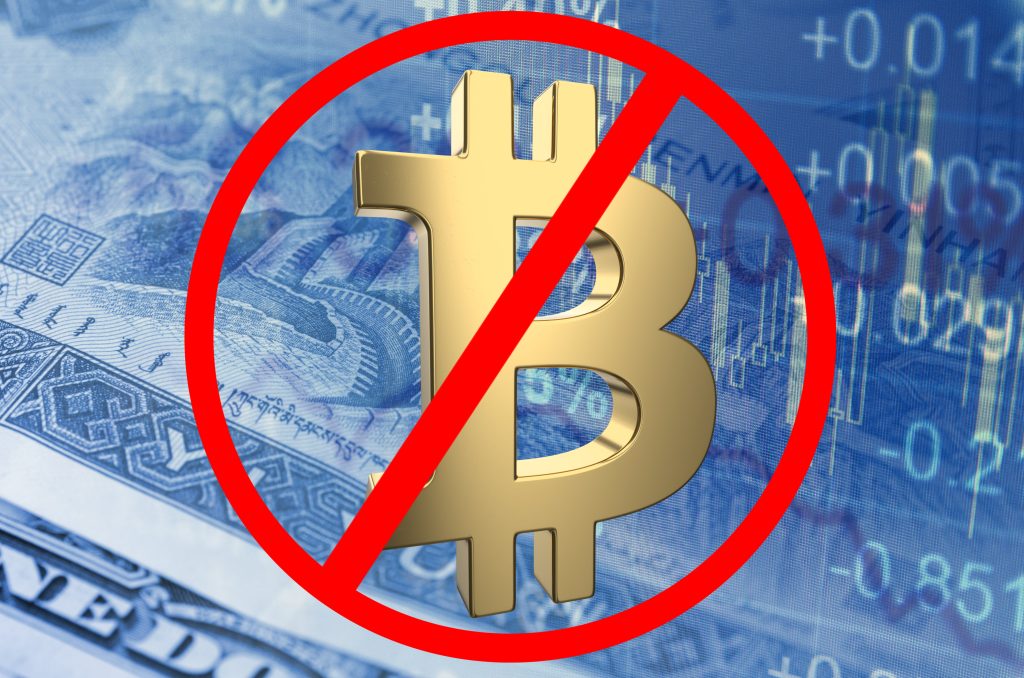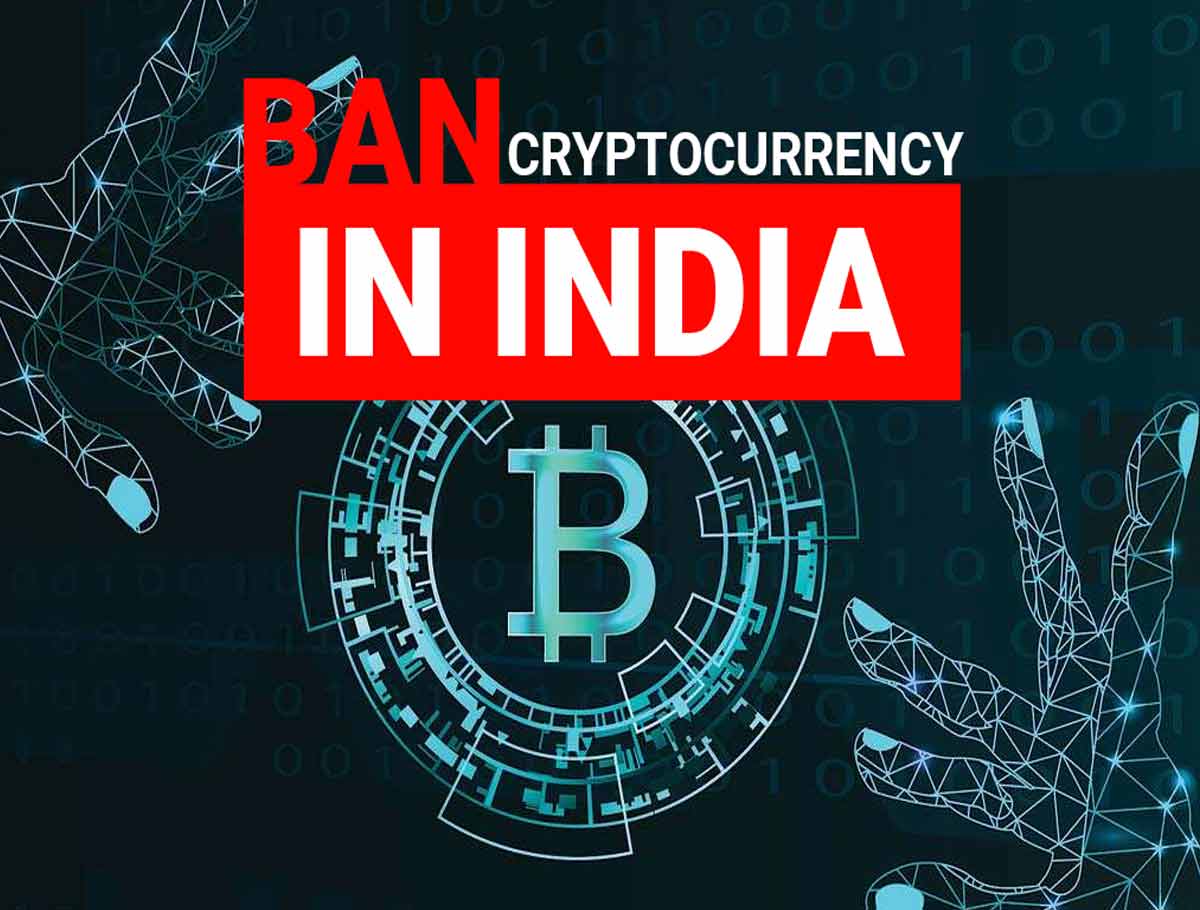Bitcoin, India has recently taken a more keen note on cryptocurrencies, thanks to its robust growth in the country amid a lack of regulations. However, things are likely to to undergo a drastic change, with the government eager to bring in rules and regulations in the digital currency sector. On Thursday, November 18, Prime Minister Narendra Modi said cryptocurrencies must not fall into the “wrong hands and spoil our youth”, urging all democratic nations to come together and ensure things like these do not happen. The government and the RBI had recently hinted about floating a strong regulatory control on cryptocurrency to avoid money laundering and terror financing, rather than banning it entirely.
Speaking at the Sydney Dialogue in a virtual keynote address, PM Modi said, “India’s industry and services sectors are undergoing massive digital transformation using technology for conversion of resources and protection of biodiversity. Take crypto-currency or bitcoin for example. It is important that all democratic nations work together on this and ensure it does not end up in wrong hands, which can spoil our youth.”
The comments come against a backdrop of a high-level meeting chaired by the prime minister on the regulation of digital tokens last week. Cryptocurrencies are still not taxed in India, but have not been recognised as an official currency. However, according to a report by the Economic Times, cryptocurrencies may be allowed in India as an asset class, rather than being banned. This means that it won’t be recognised as a valid currency to settle transactions, but can be held as an asset like gold, share or bond.
Bitcoin: PM Modi
Speaking about Modi’s recent comments on cryptocurrencies, WazirX founder Nischal Shetty took a neutral stand. “Our respected Prime Minister speaking about crypto and the need for regulation is a great thing for India. It means a lot to the crypto ecosystem. It further strengthens our belief that India will stay ahead in this global phenomenon,” he told News18.com.
According to the Economic Times report, the government is on the way to finalise a legislation on the matter, banning the use of crypto for payments, within two or three weeks. “Active solicitation would not be permitted… Details of the bill are being finalised,” the report quoted a government source as saying.
“A complete ban on cryptocurrencies won’t be appropriate because the world is moving in this direction. As a country we’ll be left behind if we ignore it. We should rather embrace it with appropriate regulations,” said Kumar Gaurav, founder and CEO of Cashaa, in a note to News18.com

“The idea of CBDCs (Central Bank Digital Currency) in principle is good and many countries are working towards it, but it’s also important to understand that even if CBDC comes in, it will have to co-exist with the private cryptocurrencies. Bitcoin can still be used as a reserve asset against which central bank’s CBDC can be pegged,” he added.
The Reserve Bank of India, on the other hand, has repeatedly warned against cryptocurrency, worrying that the macro-economic aspects and the financial stability of the country will be hampered if the coins are allowed to flow freely.
Bitcoin: Central Bank Digital Currency
Addressing an SBI Conclave on Tuesday, November 16, he said there were “far deeper issues” involved in virtual currencies that could pose a threat to the India’s economic and financial stability. “At the RBI, we have started taking a closer look at the business models and strategies of banks. Take your commercial decisions, we will not interfere, but we will see what kind of vulnerabilities and what kinds of risks are building up, and our first priority would be to caution banks themselves,” he added.
Analysts, however said that the central bank needed to address unanswered questions before replacing cryptocurrency with cash. “We can’t compare cryptos with money, different cryptos have different utilities, some of which are fundamentally very strong, for instance Ethereum. The web 3 revolution is happening at a rapid pace but our financial system is old and it needs to evolve.
And CBDC can be a step towards that, but it’s quite early to say if Governments around the world have got it right. Coming to RBI’s stand on CBDC, there are still many unanswered questions which RBI will have to address before replacing it with cash. Going forward, the industry will evolve basis the technological advancements and the government’s stand about it,” said Gaurav on the RBI’s inhibitions about cryptocurrency.
The government has also been planning to tax the virtual currencies shortly. According to repots, the upcoming legislation is set to address the taxation part on cryptocurrencies, which is likely to be at 1 per cent. The platforms trading with cryptocurrency may be classified as e-commerce platforms. The proposed Bill on cryptocurrency is expected to be tabled during the Winter session of the Parliament.
Latest News Stories:
-
Heavy Rains In Telangana For Next Three Days

The people of Telangana have been alerted because of moderate to heavy rains in the state for the next three days, according to the Indian Meteorological Department (IMD).
Now you can get latest stories from Hydnow everyday. Click the link to subscribe. Click to follow Hydnow Facebook page and Twitter and on Instagram




